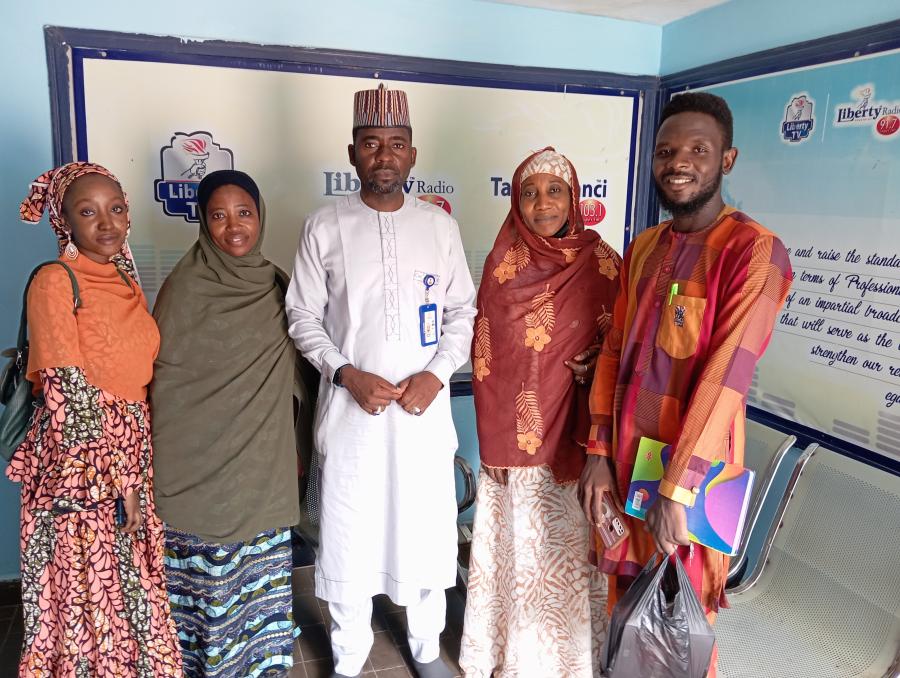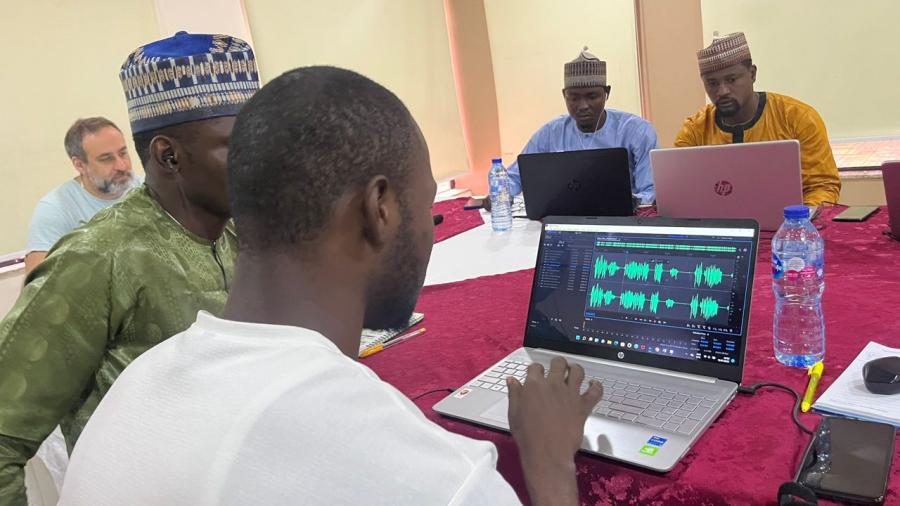On March 25, in a victory for Niger Delta region indigenous groups involved in a lawsuit against ChevronTexaco, a federal district court in San Francisco found that the oil company can be held liable for the actions of its subsidiary, Chevron Nigeria Ltd.
The Ilaje and Ijaw indigenous groups' livelihoods have been devastated by soil erosion and other environmental damages caused by Chevron's oil operations. But the lawsuit against Chevron, Bowoto v. Chevron, stems from separate incidents in 1998 and 1999 in which the oil company allegedly assisted the Nigerian military in opening fire on unarmed Ilaje protestors and on unarmed Ijaw people in their homes.
Cindy Cohn, a lawyer for some of the Ilaje involved in the case, remarked that this ruling is important in the greater struggle of indigenous people against corporations attempting to use their foreign subsidiaries as shields against legal responsibility for their actions.
The first incident named in the lawsuit occurred in May 1998, when approximately 100 Ilaje protestors staged a peaceful occupation of the offshore drilling facility known as the Parabe Platform in protest of Chevron's refusal to take responsibility for environmental damage its operation had caused. According to the legal complaint, after three days of occupation, Chevron provided three helicopters to fly the Nigerian military to the platform where soldiers opened fire on the unarmed protesters, killing two and injuring many others.
In a similar incident in January 1999, Chevron allegedly transported armed military soldiers to the Ijaw communities of Opia and Ikenyan, which had organized protests against the company, and soldiers opened fire on unarmed people in their homes, killing at least nine and injuring several others.
"It's clear Chevron paid for the bullets," said Cohn. "They destroyed two villages, burnt them to the ground."
The legal complaint, brought by 25 members of the Ijaw and Ilaje communities, states that, "Chevron's activities in the Niger Delta have, among other things, eroded and destroyed agricultural land, forests, and swamps, and contaminated the local water supply thereby killing the fish and wildlife upon which the local economies have been based for centuries."
As a result of the environmental damage, Cohn said, the Ilaje now must travel as long as overnight to find fresh water, which used to be readily accessible in a nearby lagoon that is now contaminated by salt due to oil extraction. Pollution has also led to an increase in reports of new medical problems such as asthma, said Cohn.
The Ijaw and Ilaje communities have demanded that Chevron provide them with reparations such as jobs and schools. "People are out of work so they turn to the oil companies," said Cohn. She added that Ilaje representatives attempted to arrange meetings with Chevron to discuss their demands before the occupation of the platform, but the company ignored their requests.
The complaint against Chevron also cites wrongful death and several human rights violations. The lawsuit is now in the second phase, during which both parties will research the events of the case to more accurately determine what happened. Cohn said she will push to set trial for June 2005.
Justine Petrillo is a publications intern at Cultural Survival. This article was originally published on April 16 in Cultural Survival Weekly Indigenous News, an online news service.



